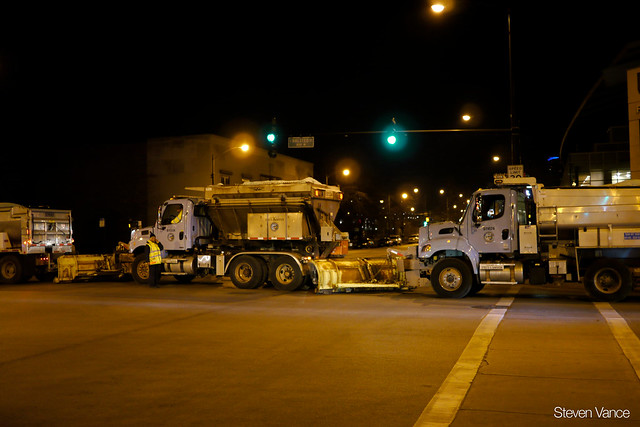Yesterday, Webitects and Juvenile Law Center released a new site called Failed Policies, Forfeited Futures–A Nationwide Scorecard on Juvenile Records.

It compares how states treat juvenile records and proposes that youth should be better protected from the harmful effects of their juvenile records, including making expungement easier.
The Juvenile Law Center graded states by two measures. The first was each state’s ability to keep juvenile records confidential. The second was the ease in which these records could be expunged. The sites lets you explore the data using the map or a list or ratings.
Illinois gets two out of four stars for confidentiality because there are many offense-based exceptions to confidentiality and some records can be made available to the general public. Illinois scored slightly higher on expungement, but would have scored higher had expungement been more automatic.
You can check out the site by going to their website here: http://juvenilerecords.jlc.org/juvenilerecords/#!/map/total




